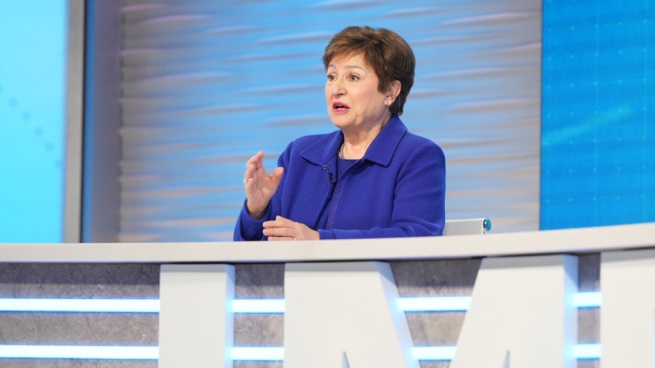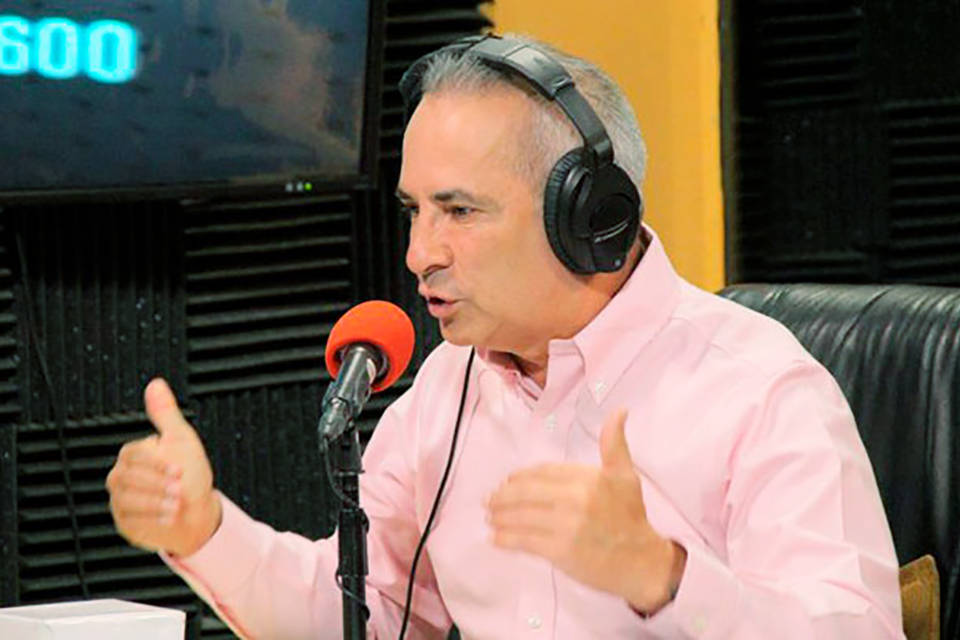The executive board of International Monetary Fund (IMF) approved this Wednesday in Washington, the creation of a new Resilience and Sustainability Trust (RST), which will take effect on May 1, 2022, “with the aim of helping vulnerable low- and middle-income countries address longer-term structural challenges that pose macroeconomic risks, including climate change and pandemics.
According to a statement published on the agency’s website, the managing director of the IMF, Kristalina Georgievnoted that “as the world faces back-to-back global shocks, we must not lose sight of the critical actions needed today to ensure long-term resilience and sustainability, and we can only succeed by working together.”
“The RST will amplify the impact of the US$650 billion Special Drawing Rights (SDR) allocation implemented last year by channel resources from economically stronger members to countries where the needs are greatest. The aspiration is to build a Trust of at least US$45 billion in resources,” Georgieva remarked.
The RST will help vulnerable countries tackle longer-term challenges—like climate change and pandemics—that pose risks to economies and people. Working together, we can help countries build a resilient and sustainable future. 2/2https://t.co/sQwg2lAGDM
— Kristalina Georgieva (@KGeorgieva) April 13, 2022
The multilateral credit organization pointed out that “the RST will serve as third pillar of the lending toolkit of the IMF, in addition to the General Resources Account and the Trust Fund for Growth and Poverty Reduction. The RST will provide regulatory support and affordable financing with longer maturities, with a 20-year maturity and a 10.5-year grace period, to help build resilience against long-term risks to balance sheet stability. of payments”.
Later, the IMF detailed that “about three-quarters of IMF member countries will be eligible for RST financing, including low-income members, as well as most middle-income countries and all small states. Developing”.
Georgieva stated that “we have worked extensively with our members and other stakeholders to design the RST, with the goal of balancing the needs of potential contributors and borrowers. The reforms supported by the Trust are also intended to catalyze increased private sector funding.” , donors and other international financial institutions (IFIs). Close collaboration with the World Bank and other IFIs will be critical to the success of the RST.”
She concluded by stressing that “our members asked us to enhance our existing lending toolkit, to address a growing need to build resilience and sustainability now to reduce economic risks in the future. Today, our membership has come together and responded “.








